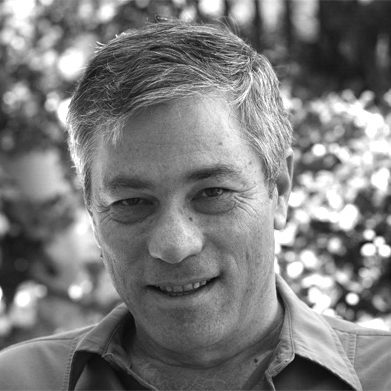Housing Minister Uri Ariel is a staunch supporter of Jewish settlements in Jerusalem, Judea and Samaria. Unlike his old times as the first mayor of the settlement of Beit El and as the head of the Council of Jewish Settlements, in his ministerial capacity today, he can practically send the bulldozers anywhere he likes.
That some of his settlement drives are perceived by many as detrimental to the Israeli-Palestinian peace process doesn’t seem to bother him. Ignoring Prime Minister Netanyahu’s Bar-Ilan speech, in which he had endorsed the two-state solution, Ariel, in a speech at Merkaz HaRav yeshiva on Jerusalem Day (May 27), said that “(t)here will be just one state between the Jordan River and the sea, and that is the State of Israel.”
Let’s leave aside the question of how, with the current demographic trends between the Jordan River and the sea, such a single state will be able to remain both Jewish and democratic. What matters is that Ariel envisages for his ministry plenty of extra work in the future, because I assume that as the Housing Minister of the single state he intends to build for everybody living between the Jordan River and the sea, not for Jews only.
That is an awesome task. Leaving Gaza aside (unless Ariel wishes that we take it over again), there are some 3 million Palestinians living in the West Bank, many of them in appalling housing conditions, which will require huge investments. To get an idea how huge these investments might be, we should remember that in 1991 Israel asked lawn guarantees of $10 billion from the US Administration, to house the million immigrants from the collapsing Soviet Union.
At this point, some readers might be dismissing all this as nonsense, because everybody knows perfectly well that Minister Ariel is building only for Jews, and let the Arabs take care of themselves. I beg to differ: Ariel cares about the Arabs as well.
Two weeks ago, the National Council for Planning and Building approved the construction of a new Arab city east of Acre. The city, with an expected population of 50,000, would be the first non-Bedouin Arab city to be erected in Israel since its establishment. Minister Ariel, quoted by TheMarker on Nov.5, explained that “the shortage of housing is a cross-sector problem, making life difficult for Jews and minorities alike,” and therefore, he promised, “we will do our best to push the plan forward as quickly and efficiently as possible, for the benefit of the non-Jewish population in northern Israel”.
By working to enhance the standards of living of Israeli Arabs, Ariel is following in the footsteps of the late Yitzhak Rabin. There is, however, a significant difference: In 1992, Rabin stopped the funding of the settlements in Judea and Samaria and suddenly there were big chunks of money available not only for the long-neglected Israeli Arabs, but also for roads and railways, as well as for the key to Israel’s excellence: Education.
Uri Ariel would have nothing of that. Back then, he fought fiercely against Rabin’s policy, and now, as Housing Minister, he can boost the Jewish settlements in Judea and Samaria freely.
Only the future will tell if Israel will be able to keep Judea and Samaria forever, without compromising either its Jewish or democratic nature. And if Israel does keep this territory, will Minister Ariel be able to go on building there for Jews only? And if he builds for the West Bank Palestinians as well, will the Israelis be willing to shoulder the huge economic burden involved?
In the meantime, until these questions are answered, Uri Ariel should be commended for building a city for the Israeli Arabs. By doing so he is promoting equality among citizens, thus strengthening the Israeli society immensely. And with an ironic twist of history, he is fulfilling an important part of the legacy of Yitzhak Rabin.
Uri Dromi was the spokesman of the Rabin and Peres Governments, 1992-96.






















 More news and opinions than at a Shabbat dinner, right in your inbox.
More news and opinions than at a Shabbat dinner, right in your inbox.